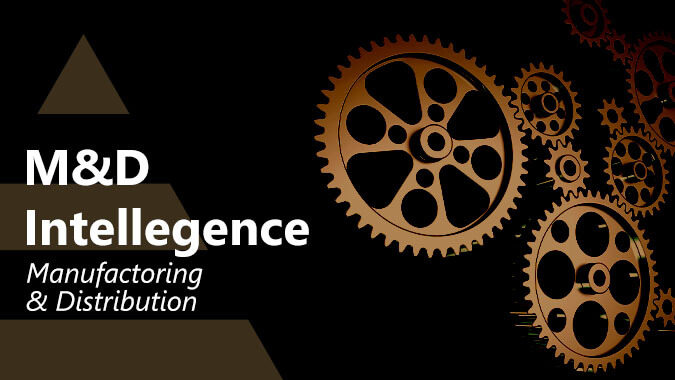
Recent Developments in Trust and Estate Planning
- Published
- Jan 10, 2023
- Topics
- Share
A panel consisting of Steve Akers, Sam Donaldson and Beth Kaufman discussed 2022 recent developments at the 57th Annual Heckerling Institute on Estate Planning. Some of the highlights included a discussion of Secure 2.0, which was signed into law on December 29, 2022; RMD relief in 2021 and 2022 for plan beneficiaries subject to the 10-year payout rule; anti-clawback regulations; regulations applying present value concepts to estate claims and expenses; and the portability election extension.
Steve discussed how Secure 2.0 made notable changes to the rules for qualified retirement plans. One of the most significant changes is that beginning in 2023, required minimum distributions (“RMDs”) will begin at age 73 versus age 72. Furthermore, the penalty for not taking an RMD is reduced from 50% to 25% of the RMD. If an oversight is remedied within two years, the penalty is further reduced to 10% of the RMD.
The panel also discussed proposed regulations under the Secure Act clarifying that a retirement plan beneficiary subject to a 10-year payout period must start taking RMDs the year after the participant’s death. He/she cannot wait until the tenth year to take out the plan balance.
Since this rule was not in the statute and only first announced in the 2022 proposed regulations, plan beneficiaries who inherited from individuals passing away in 2020 very likely did not take an RMD in 2021 and have been unsure whether they must take one in 2022. Notice 2022-53, issued on October 7, 2022, provides relief by stating that the IRS will not penalize those beneficiaries for not taking their 2021 or 2022 RMDs.
Sam talked about the proposed regulations issued in connection with the anti-clawback regulations. These essentially provide that if an individual makes a gift of $12 million—when the basic exclusion is $12.92 million—and later dies when the basic exclusion has been reduced to $6 million, his/her estate won’t be subject to estate tax on the difference of $6.92 million. That is because the decedent’s basic exclusion for estate tax purposes is the basic exclusion at the time of the gift or death, whichever is greater. Proposed Reg. Sec. 20-2010-1(c)(3) was issued in response to perceived abuses. The proposed regulations provide that the special anti-clawback regulations don’t apply to any transfers that are otherwise includible in the decedent’s estate. The regulations address the situation where a client makes a transfer to a trust that is a completed gift for gift tax purposes but still includible in the estate. Without this proposed regulation, the client could take advantage of the higher basic exclusion without parting with the transferred property for transfer tax purposes.
The panel discussed the proposed regulations under IRC Sec. 2053. These regulations require the application of present-value concepts to estate claims and expenses that will be paid more than three years after the decedent’s death. The regulations also include guidance with respect to the deductibility of interest on loan obligations of the estate. One effect of the proposed regulations is that a “Graegin loan” could be significantly restricted. (A Graegin loan is a mechanism to finance payment of estate tax and administration expenses.) Even if a deduction is allowed for post-death interest accruing on the loan, the deduction for interest paid after three years—which could be almost all of it—will be discounted.
The panel also mentioned Rev. Proc. 2022-32, which extends the time for making a late portability election from two to five years after a decedent’s death, without a letter ruling request, provided that the decedent was not otherwise required to file an estate tax return.
Finally, the panel covered valuation cases and rulings as well as other federal and state developments. Stay tuned for an upcoming EisnerAmper webinar covering Heckerling highlights.
What's on Your Mind?
Start a conversation with Karen
Receive the latest business insights, analysis, and perspectives from EisnerAmper professionals.












